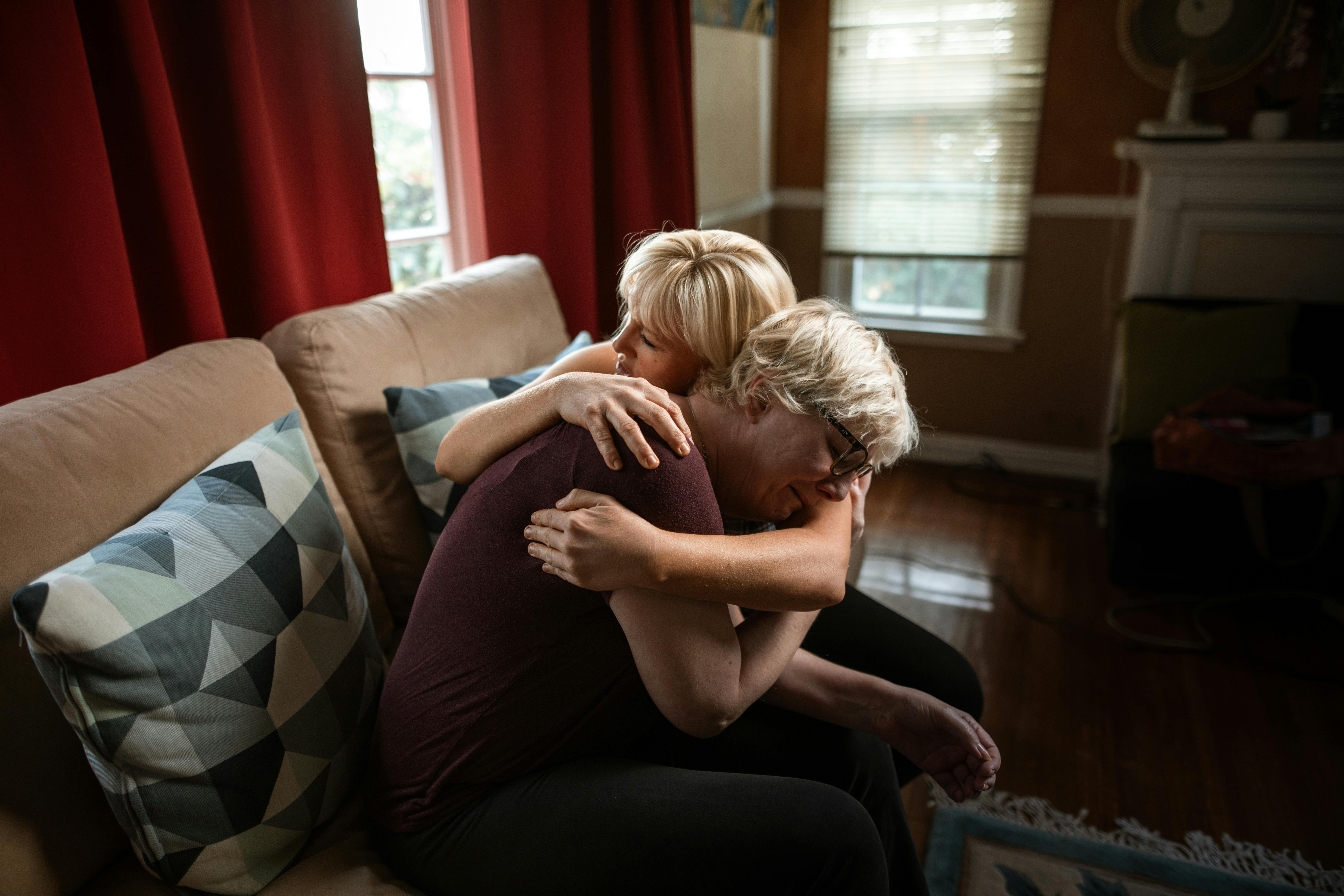Being good ancestors can take on different meanings. It can mean leaving financial assets behind so our children have something to start with in life. It also signifies the values and norms in which we believe.
For me, it has a deeper meaning since I went to participate in a workshop in St Ethelburgas. The workshop was on “What is our responsibility for peace?” It is embracing forgiveness to end any pattern of resentment, violence within the family, the community, or the nation. It was driven by Alexandra Asseily, who is from Beirut, a place where much suffering has resulted as a result of the years of civil war. In her quest to contribute to peace, Ms. Asseily has created the Garden of Forgiveness in Beirut.
We have all been betrayed and hurt at some point in our lives. Remembering these times brings all kinds of uncomfortable feelings and sometimes we wonder: Why me? What have I done to deserve this? What makes you think you have a right to do that to me? Well, these questions may never be answered in the way we would like. They educate us to believe that all questions have logical, proven answers, and that they make sense to us. Pushing for answers, we continue to dwell on these painful moments, pushing ourselves into a place that reminds us that life is unfair.
What good is it? For me, there has never been anything positive. The weight of the cargo continues to increase as life progresses. Since then I have embarked on a journey of forgiveness. Forgiveness is allowing myself to live again, trust again, and fully enjoy life. The journey is twisted as life is dual. We value joy because we have known pain. Forgiveness is about not allowing others to make me feel unwanted and not good enough. It is a choice that life continually gives us and that we have to make consciously.
The decision to forgive is always a difficult decision. The main motivation, from my perspective, is to be proud of the legacy that I leave behind. My personal brand is about living life and not regretting it. My purpose is to leave a significant legacy for myself and for future generations. For this reason, I make the decision to forgive, leaving my pride behind. This is the place where I personally feel empowered, creative, and good about myself. It’s about my well-being!
The unfinished business that we keep piling up is passed on to the next generation through the attitudes we adopt toward those who hurt us and witnessed by our children. What kind of legacy do we give our children if we show them what part of life has to do with resentment? The resentment that is passed down from generation to generation generates violence and anger. What kind of personal branding are we embracing? What standards and values would you like to be remembered for when future generations talk about you and your generation?
The biggest learning I received from participating in the workshop was everything we do, do it consciously.
Coming from a country where peace has been the norm, I am aware that it is not my role to teach those who have suffered violence. From my perspective, no one is born to live a life of violence and resentment. Everyone has the right to love, happiness and peace. How we create them is our choice and responsibility.

